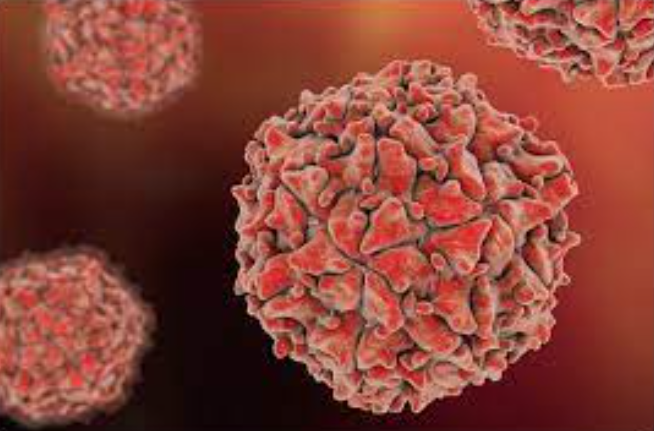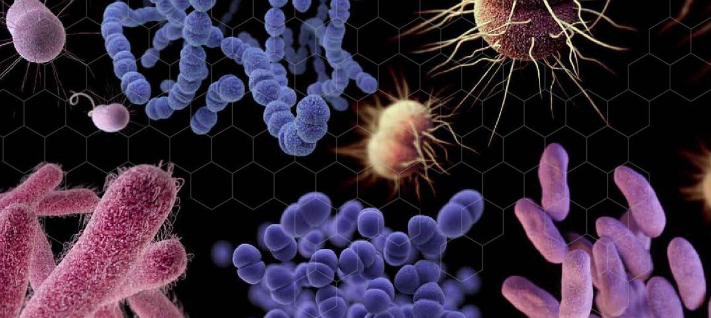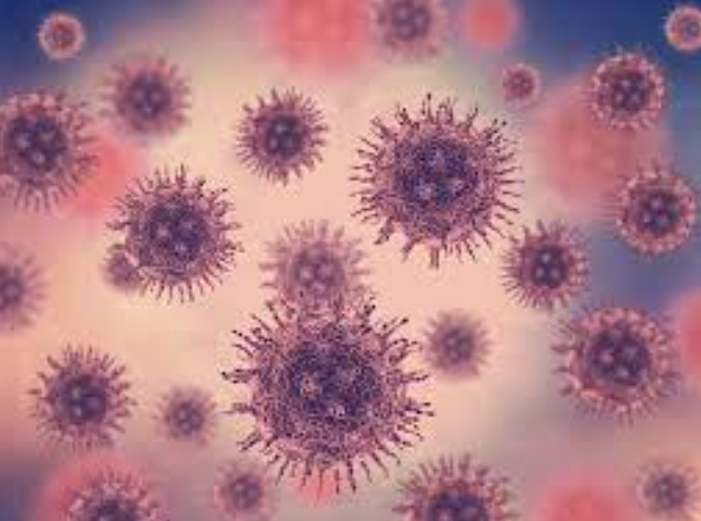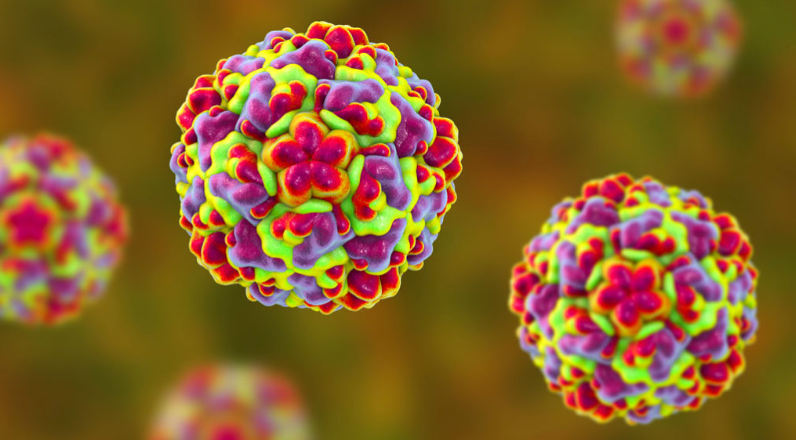Antimicrobial resistance one of the leading causes of death

Antimicrobial resistance is spreading rapidly around the world and has even been compared to the next pandemic, one that many people don’t even know is happening and happens when infection-causing microbes (such as bacteria, viruses, or fungi) evolve. to become resistant to the drug designed to kill them with the effect that an antibiotic will no longer work to treat that infection. Antimicrobial-resistant infections caused 1.27 million deaths and were associated with 4.95 million deaths in 2019, more than the number of people who died from HIV/AIDS and malaria that year combined.
The new findings make it clear that antimicrobial resistance is progressing faster than previous worst-case estimates, which is cause for concern for all. The simple fact is that we are running out of working antibiotics, which could mean that everyday bacterial infections are once again life-threatening; our continued exposure to antibiotics has allowed bacteria and other pathogens to develop powerful resistance. In some cases, these microbes are even resistant to multiple different drugs.

Of the 23 different types of bacteria studied, drug resistance in just six types of bacteria contributed to 3.57 million deaths. Research also shows that 70% of deaths resulting from antimicrobial resistance were caused by resistance to antibiotics, often considered the first line of defense against serious infections, including beta-lactams and fluoroquinolones, which are commonly prescribed for many infections, such as urinary tract, upper and lower respiratory, and bone and joint infections.
Bacteria develop resistance to antimicrobials naturally, as we get stronger so will the bacteria. It’s part of our coevolution with bacteria: they evolve faster than we do, partly because they replicate faster and get more gene mutations than we do. But the way we use antibiotics can also cause resistance; for example, a common cause is people not completing a course of antibiotics. Although people may feel better a few days after starting antibiotics, not all bacteria are created equal. Some may take longer to be affected by the antibiotic than others. This means that if you stop taking the antibiotic early, the bacteria that were initially able to avoid the effect of the antibiotics will be able to multiply, thus passing on their resistance.
Similarly, taking antibiotics unnecessarily can help bacteria develop antibiotic resistance faster. That’s why it’s important not to take antibiotics unless prescribed and to use them only for the infection they’re prescribed for. Now that you know, we still have time to counteract these effects and not allow bacteria to win us over.





Responses